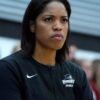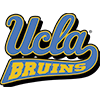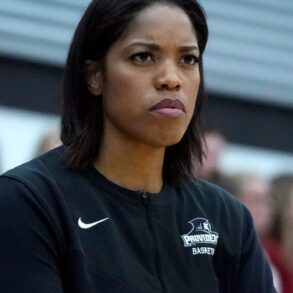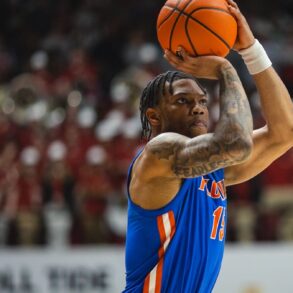Division I athletes now have the option under a new revenue sharing provision to receive up to $20 million in direct payment from their schools.
(CN) — College athletes will now be able to be directly compensated by their schools, following a multibillion-dollar settlement that resolves three antitrust cases against the National Collegiate Athletic Association and some of nation’s largest conferences.
Late Friday night, U.S. District Judge Claudia Wilken granted her final approval to a class of over 400,000 current and former Division I student athletes in a $2.8 billion settlement with the NCAA.
The settlement compensates past players between 2016 to 2024 for missed name, image and likeness opportunities. In the 10-year settlement, schools will now share up to $20.5 million of their revenues on broadcast rights with current players beginning with the upcoming academic year which starts July 1.
“Approving the agreement reached by the NCAA, the defendant conferences and student-athletes in the settlement opens a pathway to begin stabilizing college sports. This new framework that enables schools to provide direct financial benefits to student athletes and establishes clear and specific rules to regulate third-party NIL agreements marks a huge step forward for college sports,” NCAA Charlie Baker said in a Friday night letter.
The NCAA previously prevented players from profiting off the use of their name, image and likeness until 2021 when players were allowed to earn money from third parties, like sponsorships, endorsements and social media. Friday’s settlement allows them to receive money directly from their schools.
The settlement comes after nearly a year of hashing out details that resulted in setbacks in recent months.
Wilken was previously concerned that the NCAA’s proposed provision for roster limits for current players could result in the loss of 10,000 or more spots in “non-revenue” sports, like Olympic sports, by restricting the number of walk-on athletes allowed for each team.
In the final settlement, the parties compromised that implementation of roster limits won’t compromise athletic scholarships.
“Replacing scholarship limits with roster limits — a change that will enable schools to vastly increase the scholarship opportunities student-athletes receive and potentially double the number of athletics scholarships made available to women,” Baker said in his letter.
Attorney Steve Berman of firm Hagens Berman, which co-led representation of the college athletes, said in a statement, “Major changes don’t happen overnight, and we thank the court for its careful consideration of what is a monumental shift in college sports that will bring the NCAA into the modern age.”
He also noted former Arizona State University swimmer Grant House and former Texas Christian University women’s basketballer Sedona Price, the lead named plaintiffs — both of whom will act as class representatives for a class of plaintiffs receiving injunctive relief. The settlement also involves separate classes of football and men’s basketball, women’s basketball and additional sports.
House and Price’s suit against the NCAA — along with Atlantic Coast Conference, The Big Ten Conference, The Big 12 Conference, Pac-12 Conference and Southeastern Conference — came in 2020. The settlement consolidates similar class actions from student athletes including Chuba Hubbard — currently a running back for the Carolina Panthers in the NFL — and track and field athlete Kiera McCarrell, among other college athletes.
Subscribe to Closing Arguments
Sign up for new weekly newsletter Closing Arguments to get the latest about ongoing trials, major litigation and hot cases and rulings in courthouses around the U.S. and the world.
This post was originally published on this site be sure to check out more of their content.


